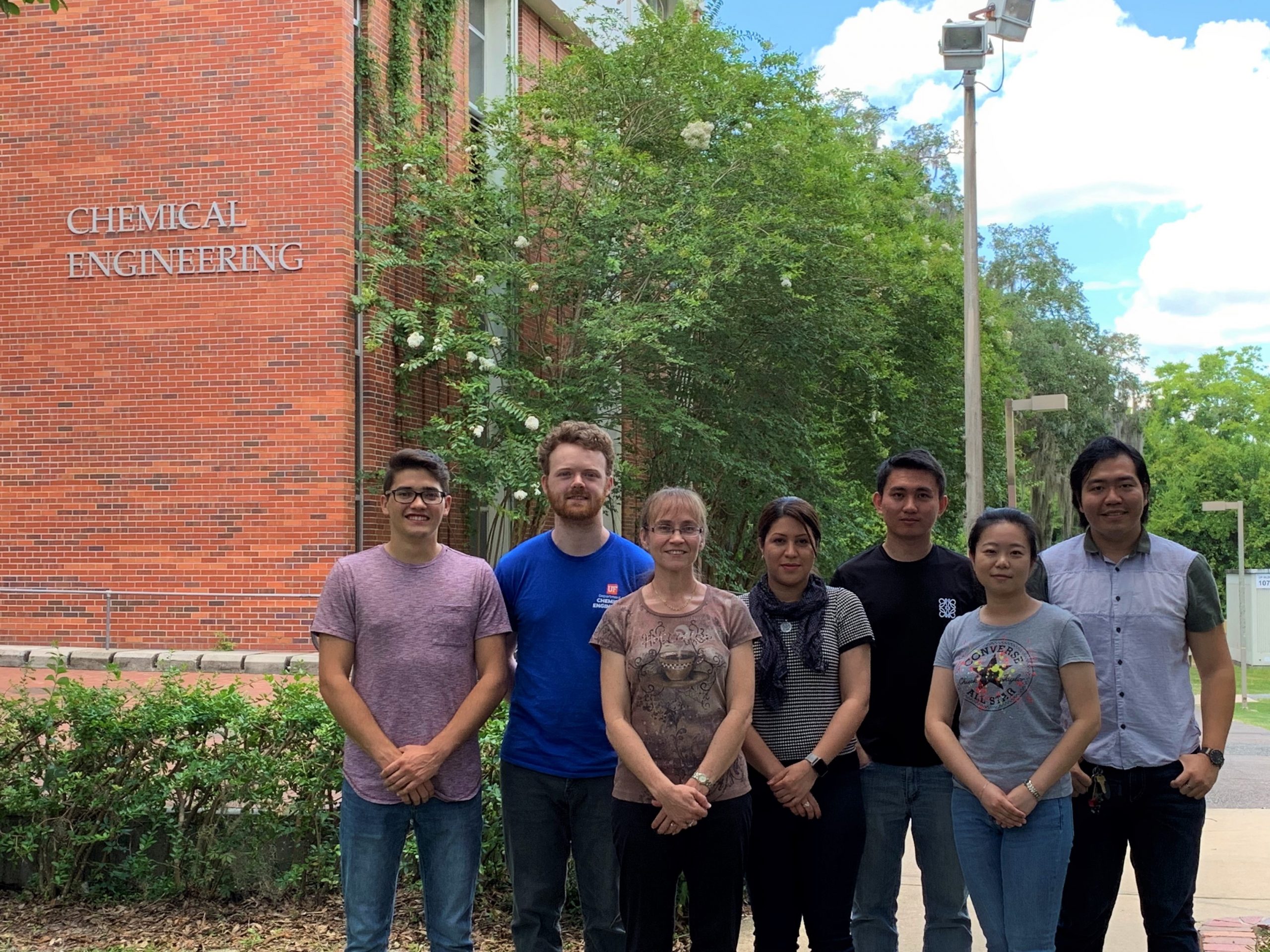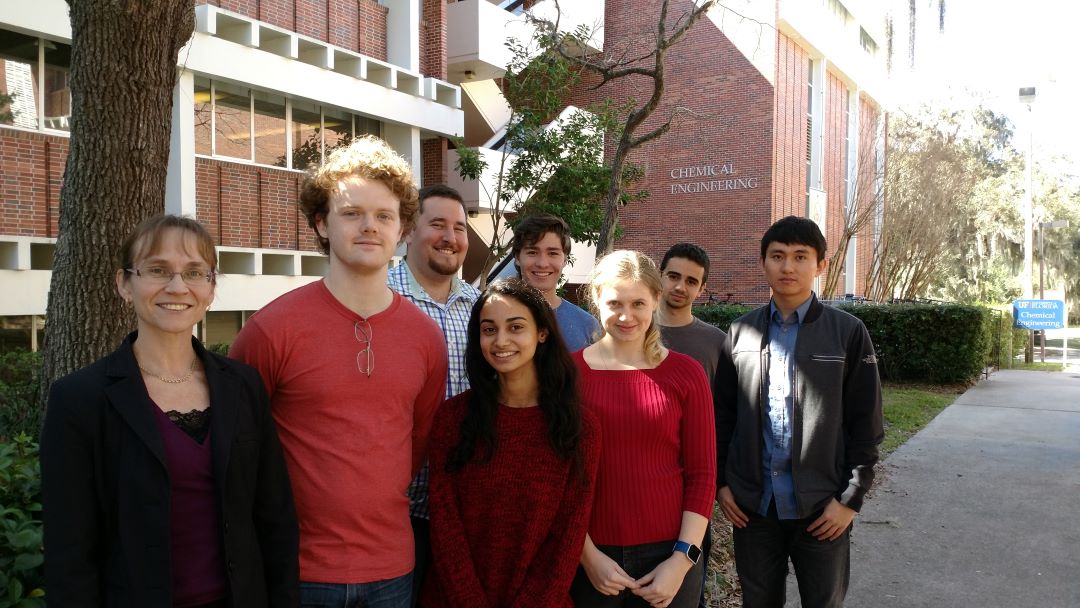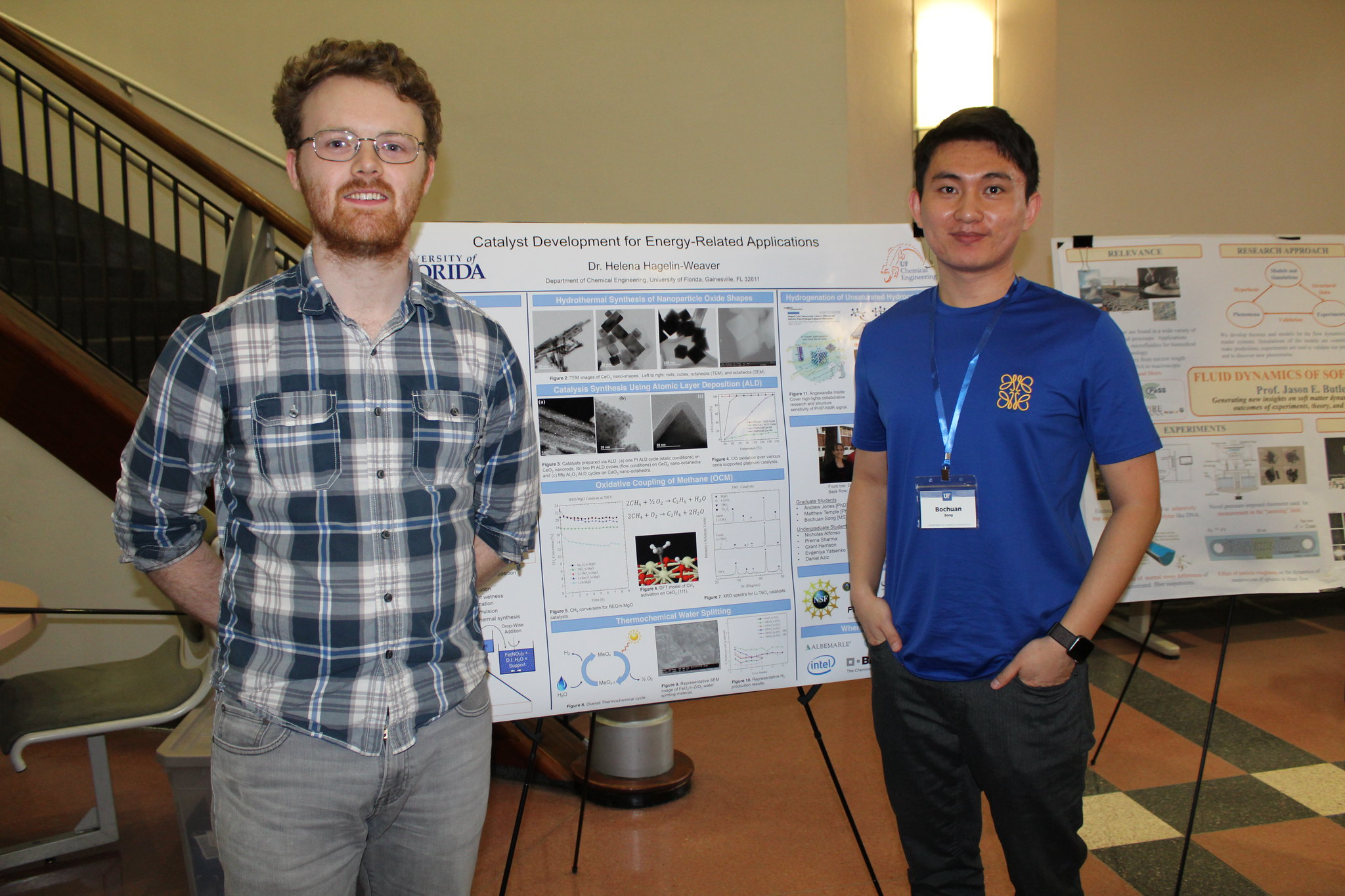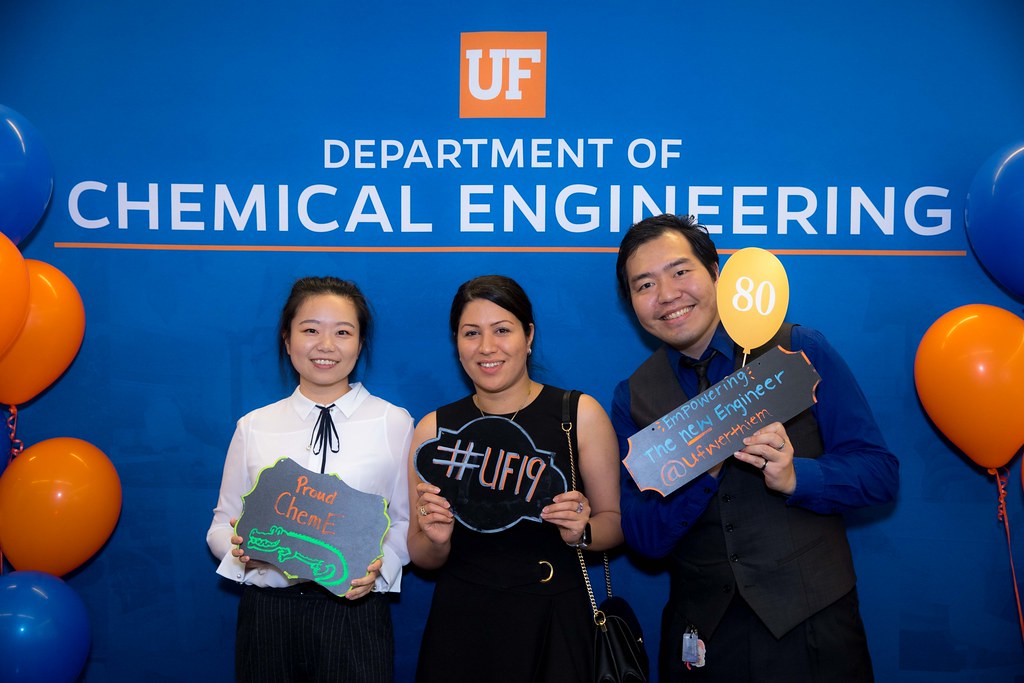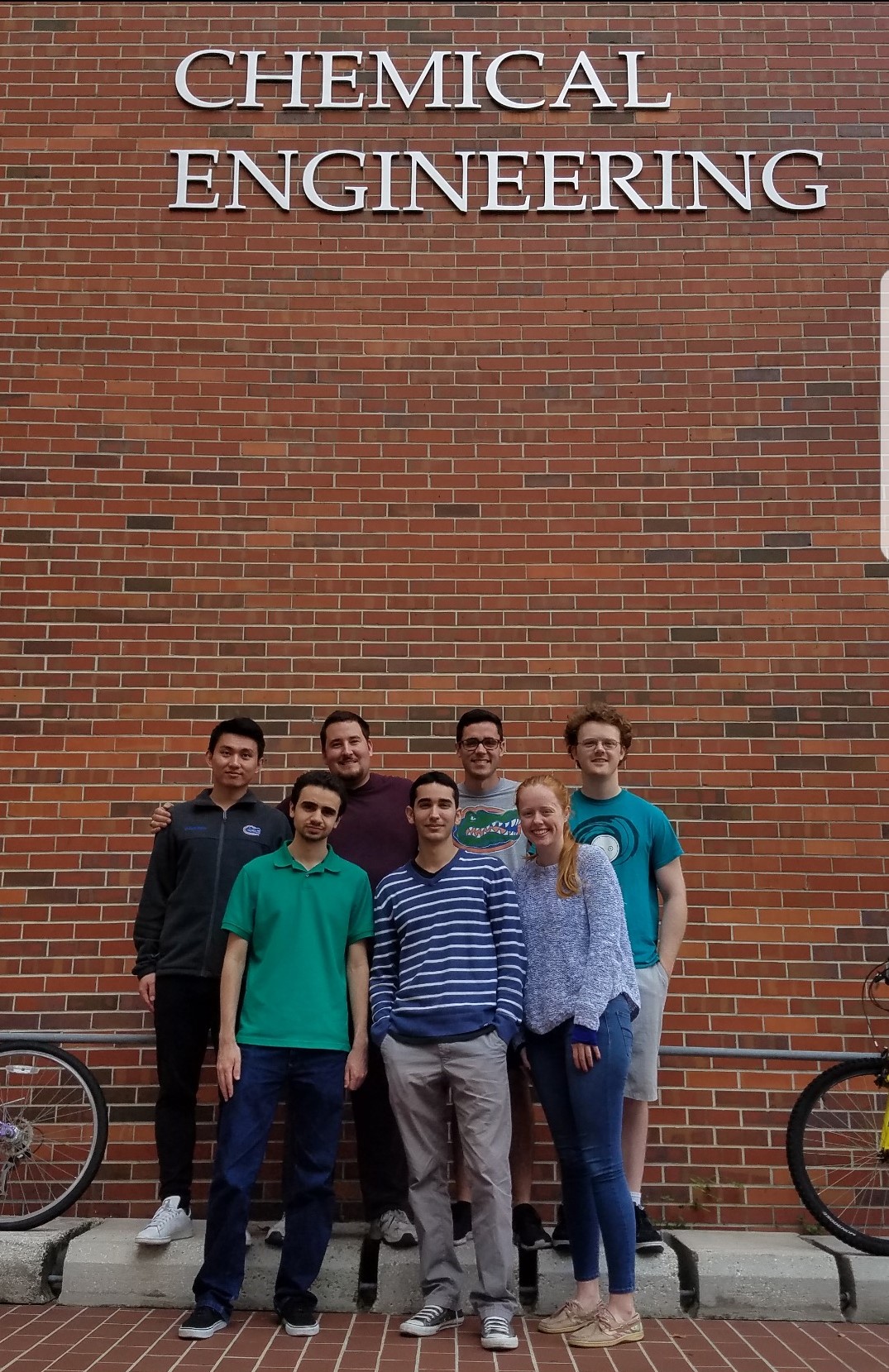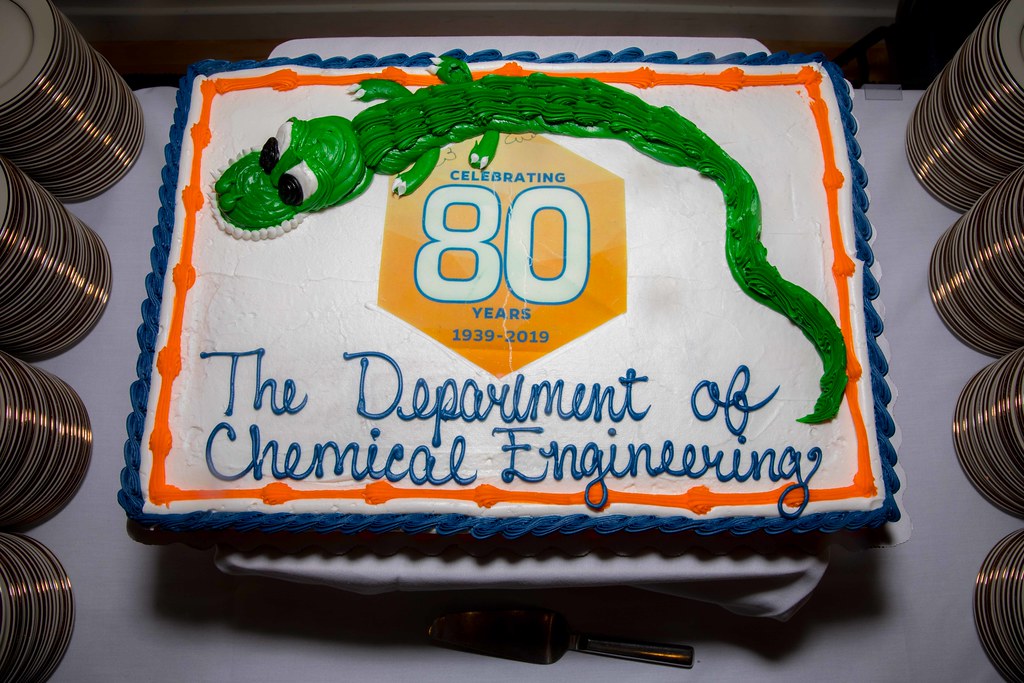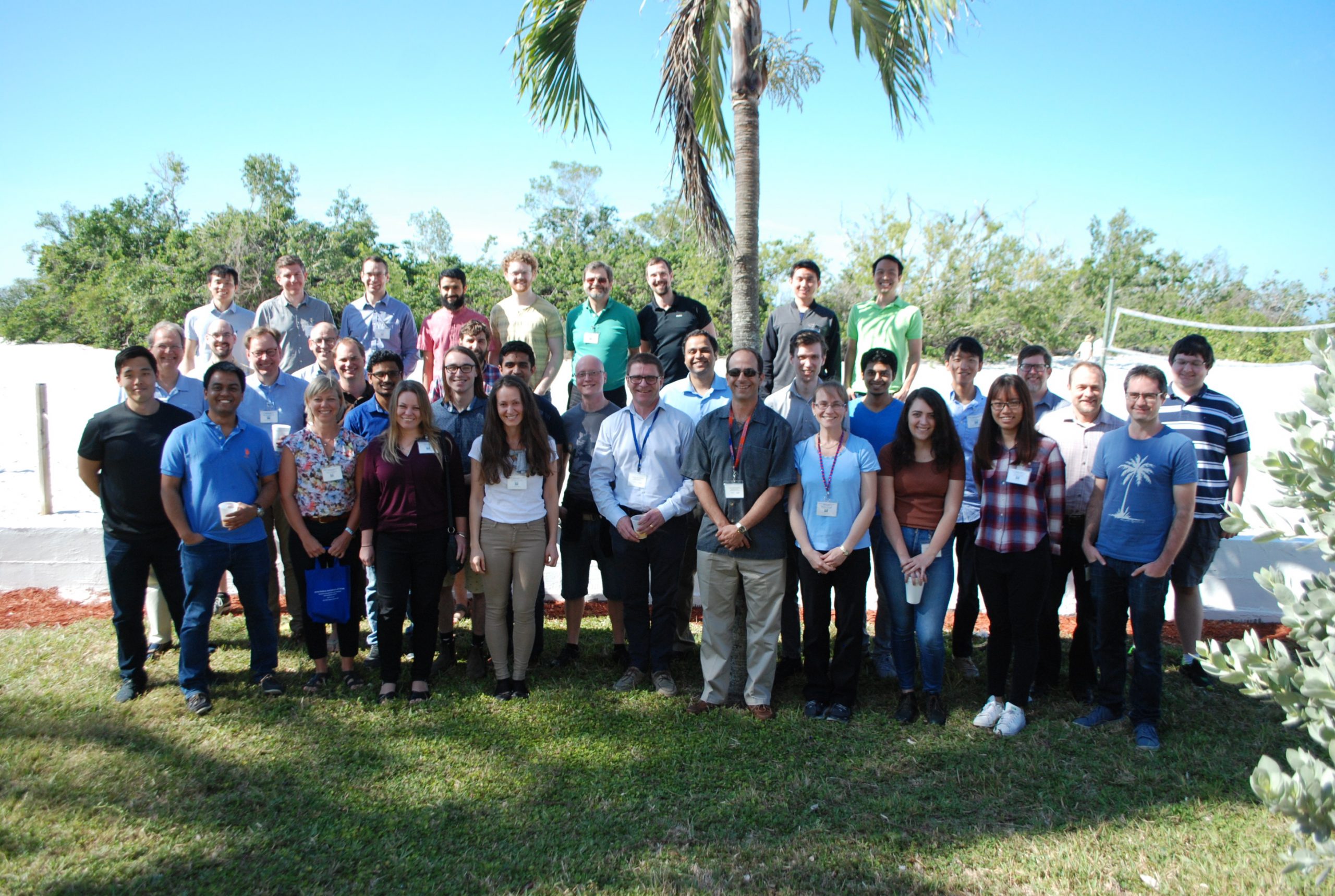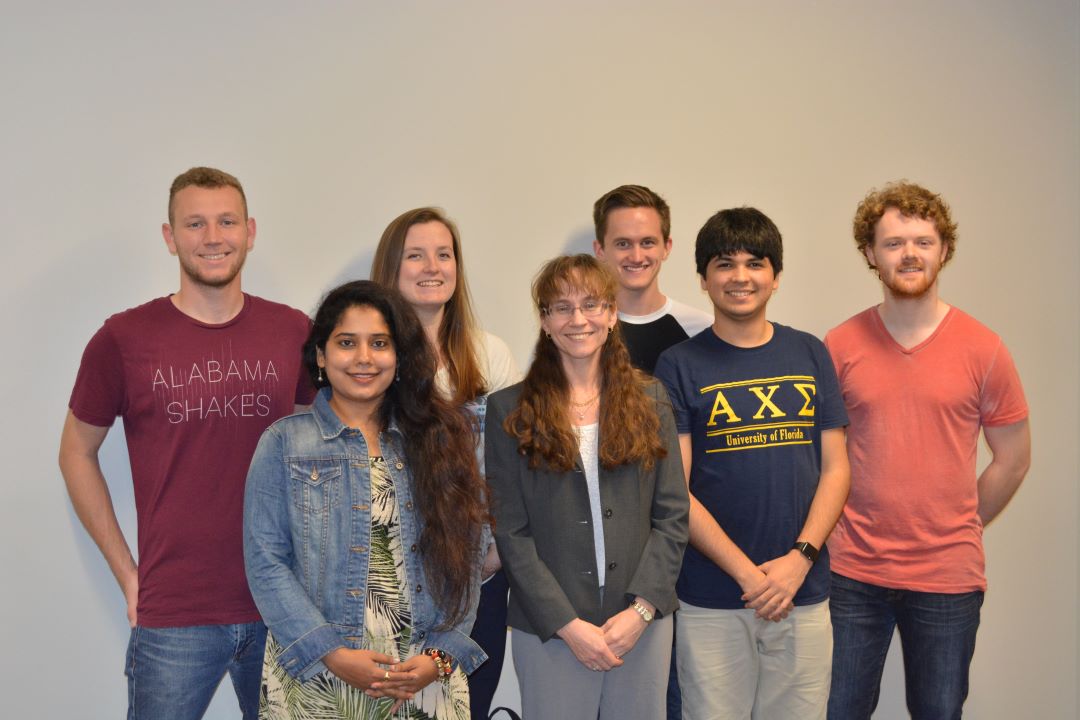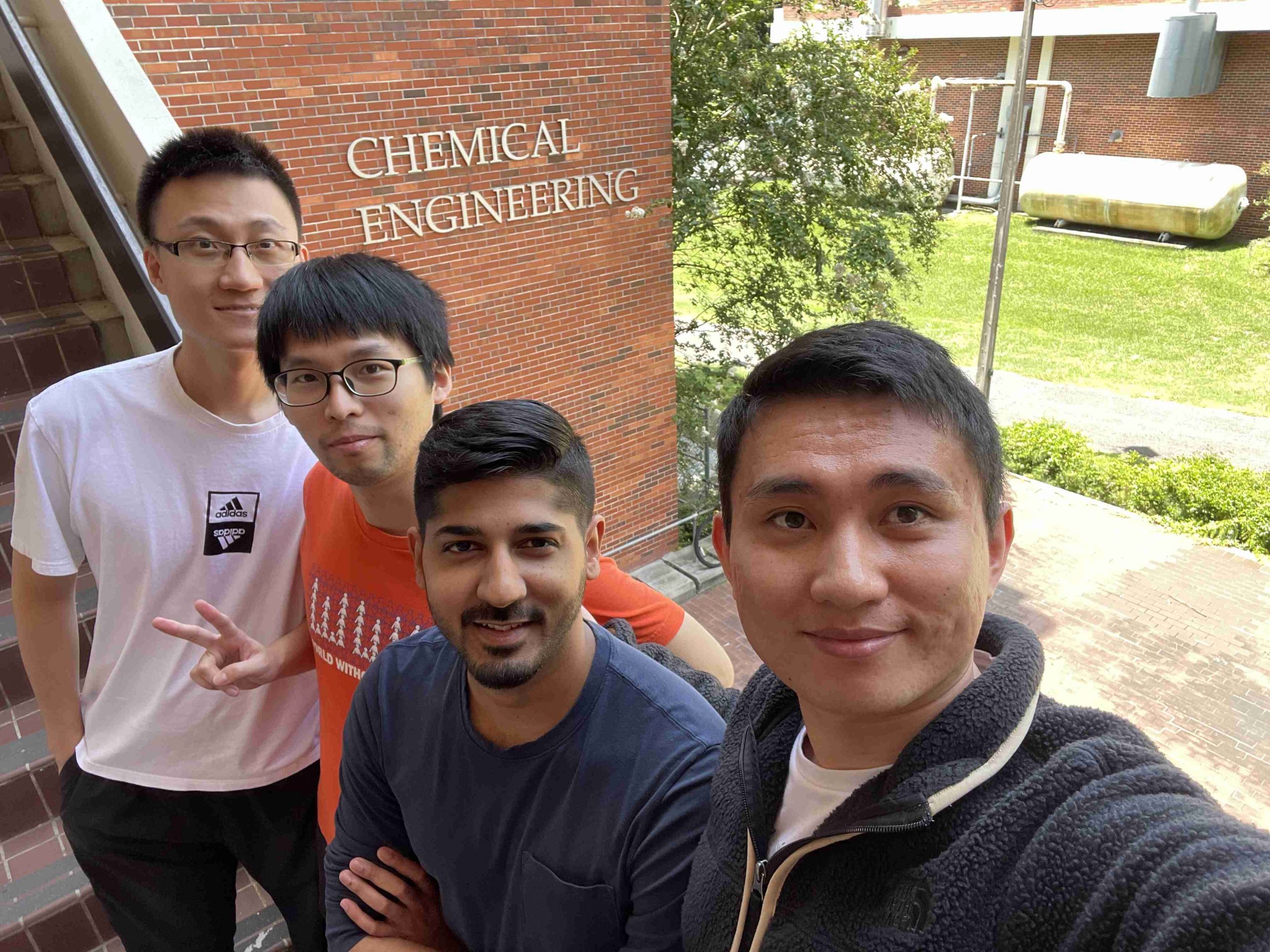Overview
Welcome to Hagelin-Weaver Research Group Website
Areas of Interest
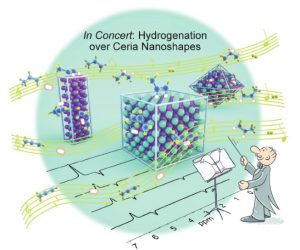
- Heterogeneous Catalysis
- Atomic Layer Deposition
- Well-Defined Nanoparticle Oxides
- Surface Characterizations
What we do?
We work on heterogeneous catalyst development in our laboratory and our main objective is to obtain a fundamental understanding of these catalysts at the atomic level. This requires well-defined heterogeneous catalysts and our approach is to use nanoparticle oxides as supports for various active metals in the preparation of our catalysts. In addition to resulting in more well-defined catalysts compared to active metals on more conventional supports, another advantage of using nanoparticle oxides as supports is that the high number of coordinatively unsaturated sites on the surface of the nanoparticles can lead to strong metal-support interactions and unique catalytic properties. We are particularly interested in how the nanoscopic properties of the supports influence the active metals on the surface of these supports.
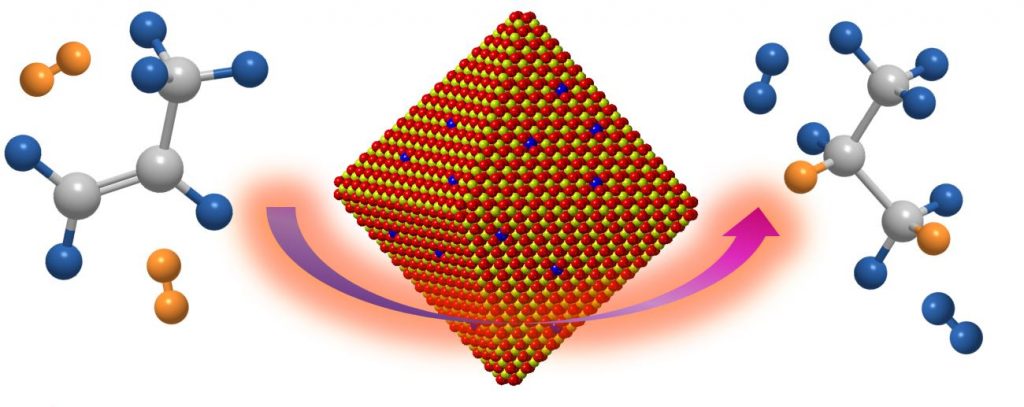
Our research involves preparation of nanoparticle oxides with narrow size distributions, catalyst preparation using the nanoparticle oxides as supports, and catalyst characterization using a number of analytical techniques to determine how the particle size of the oxide support influences the active metal and thus also the catalytic activities and selectivities. The analytical techniques include; Brunauer-Emmett-Teller (BET) surface area measurements, chemisorption of probe molecules, such as carbon monoxide, to determine active metal surface area, temperature programmed reduction and oxidation (TPR and TPO) experiments to determine reduction-oxidation (redox) properties, X-ray photoelectron spectroscopy (XPS) to determine electronic structure and surface chemical composition, transmission electron microscopy (TEM) to determine particle sizes and distribution of active metals on the support, and X-ray diffraction (XRD) measurements to determine crystal structure.

Our main research focus is on environmentally friendly, energy-related reactions. Our projects include catalyst development for hydrogen production via catalytic steam reforming of methanol, C-H activation and C-C coupling of aromatic compounds, oxidative coupling of methane (methane to higher-value chemicals), and thermochemical water-splitting using solar energy.

Group Photo




